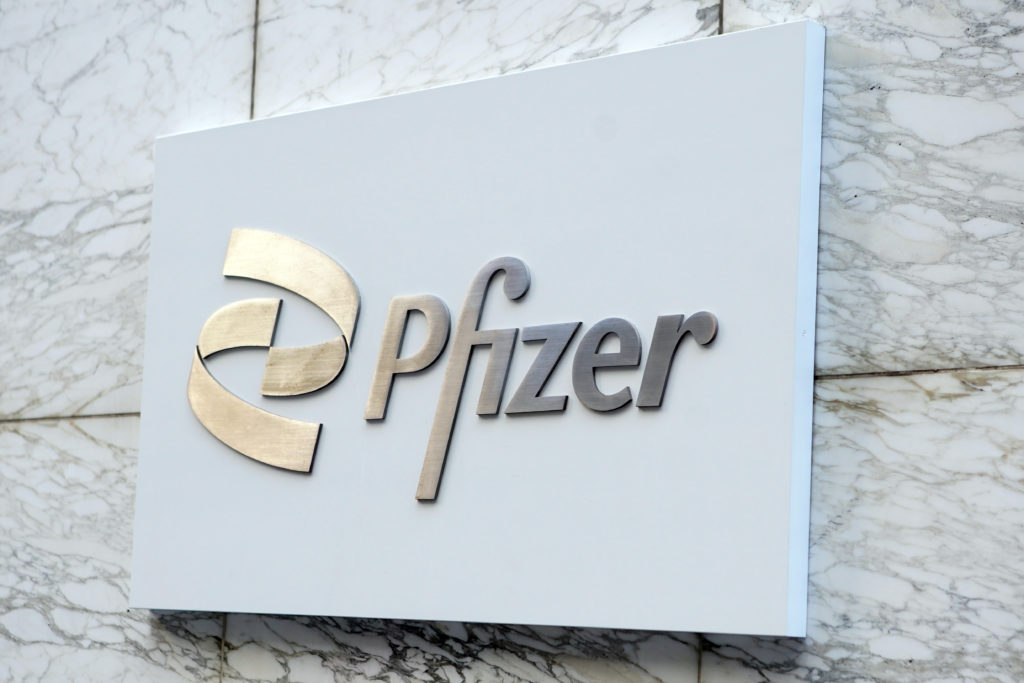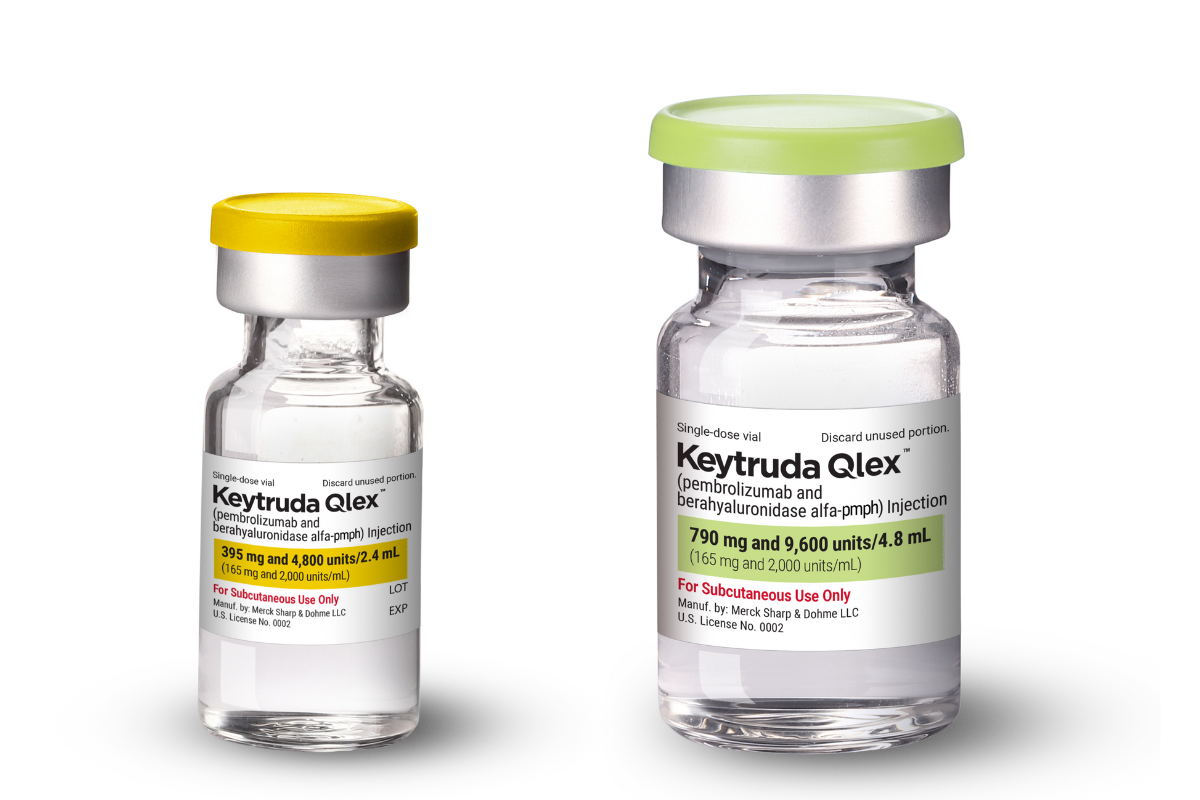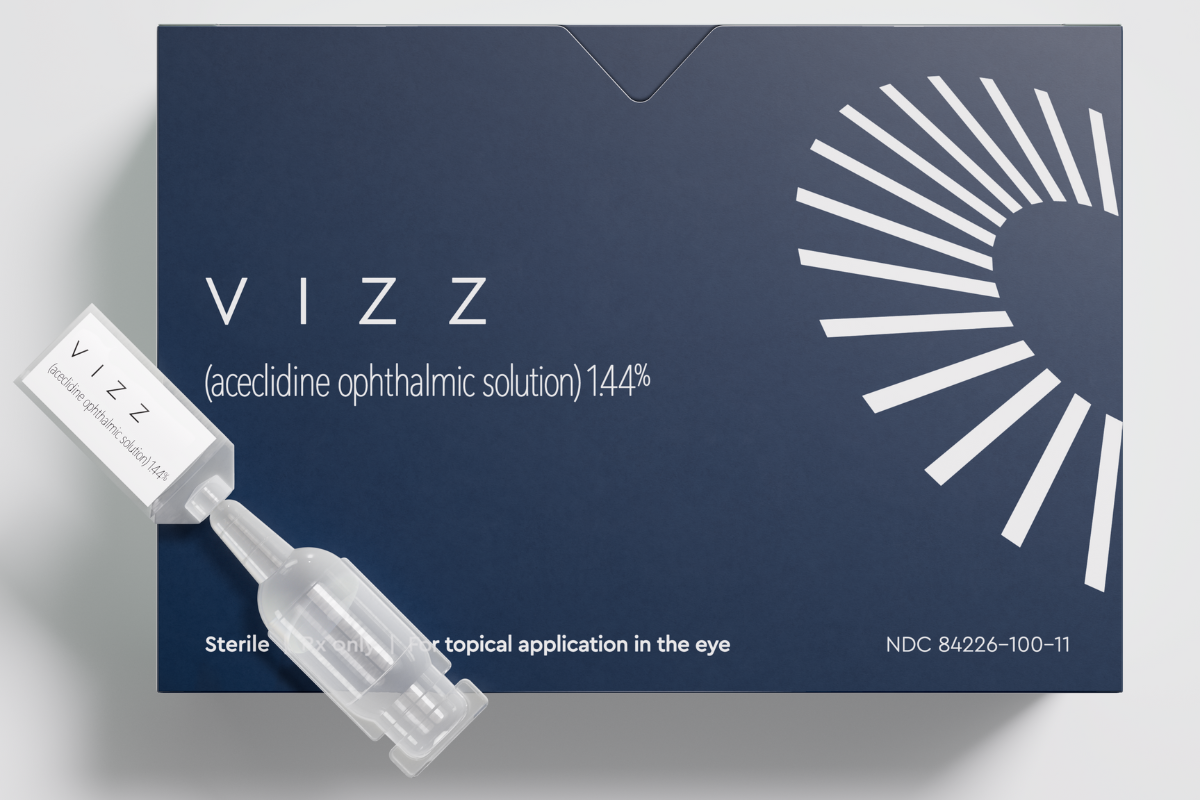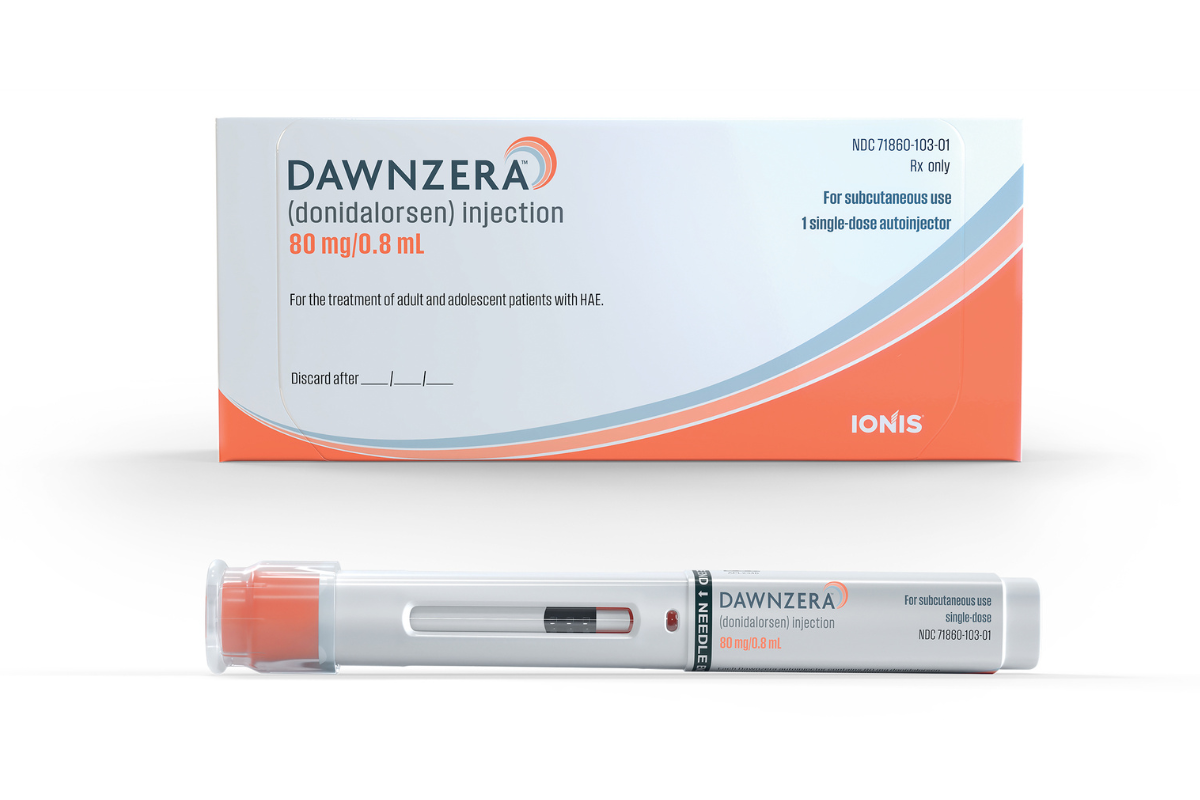While continuing to tackle COVID-19, Pfizer is also looking to target other respiratory infections, with the company recently announcing it will acquire the privately-held clinical-stage antiviral therapeutics company ReViral Ltd. Pfizer hopes the purchase will help bolster its respiratory syncytial virus (RSV) pipeline by adding several of ReViral’s “promising” candidate RSV antiviral therapeutics.
In a joint press release with UK-based ReViral, Pfizer said the nearly $525 million deal will help strengthen its infectious disease research and development portfolio with a “complementary strategy” involving both treatments for RSV to improve patient outcomes, and vaccination to prevent illness.
RSV is a respiratory virus that causes cold-like symptoms but can lead to severe and life-threatening lower respiratory tract infections (LRTIs) like pneumonia in high-risk populations, including young infants, immunocompromised individuals and older adults.
Treatment options for RSV are limited and primarily focus on supportive care.
Approximately 64 million people become infected with RSV annually and the infection causes 160,000 deaths globally every year.
Related: Pfizer and Moderna Begin Trials for Omicron Targeting Vaccines
“The proposed acquisition of ReViral’s pipeline of therapeutic candidates is complementary to our efforts to advance the first vaccine candidate to help protect against this harmful disease,” said Annaliesa Anderson, PhD, senior vice president and chief scientific officer, bacterial vaccines and hospital, at Pfizer, in the joint press release from the companies. “Combining the capabilities and expertise of our organizations will enable us to further the clinical development of a potential therapy for those with RSV disease.”
Pfizer’s existing RSV portfolio includes a RSV candidate vaccine, PF-06928316 or RSVpreF, which received breakthrough therapy designation from the US Food and Drug Administration (FDA) last month for the prevention of RSV in individuals 60 years of age and older.
ReViral’s pipeline of therapeutic RSV antiviral candidates include sisunatovir, which is an orally administered inhibitor of the RSV fusion protein to block the virus from attaching to host cells. Sisunatovir received fast-track designation in the US from the FDA.
In a Phase II RSV human challenge study in healthy adults, sisunatovir significantly reduced viral load. The RSV antiviral is currently being evaluated in hospitalized infants in the company’s Phase II REVIRAL1 clinical development study.
ReViral expects the development program for sisunatovir to continue in both adult and pediatric populations. Another one of the company’s antivirals is focused on inhibiting RSV replication by targeting the virus’s nucleocapsid (N) protein. The lead RSV antiviral candidate in that program is currently being trialed in a Phase I study.
Meanwhile, Pfizer’s candidate RSV vaccine is in Phase III trials and last year, the company released the first results from a Phase IIa challenge study evaluating the vaccine in healthy adults aged 18 to 50 years old. Data from the study showed that the shot had a 100 percent efficacy against mild to moderate symptomatic RSV infection with no serious adverse events observed.
Pfizer’s expansion of its RSV portfolio will serve as a boost to its already behemoth position in the infectious diseases space through its blockbuster COVID-19 program.
Under the terms of the agreement, Pfizer’s $525 million acquisition of ReViral will include upfront and development milestones. Pfizer believes the annual revenue for these programs has the potential to reach or exceed $1.5 billion, if successful. The proposed transaction is subject to customary closing conditions, including receipt of regulatory approvals.












Join or login to leave a comment
JOIN LOGIN